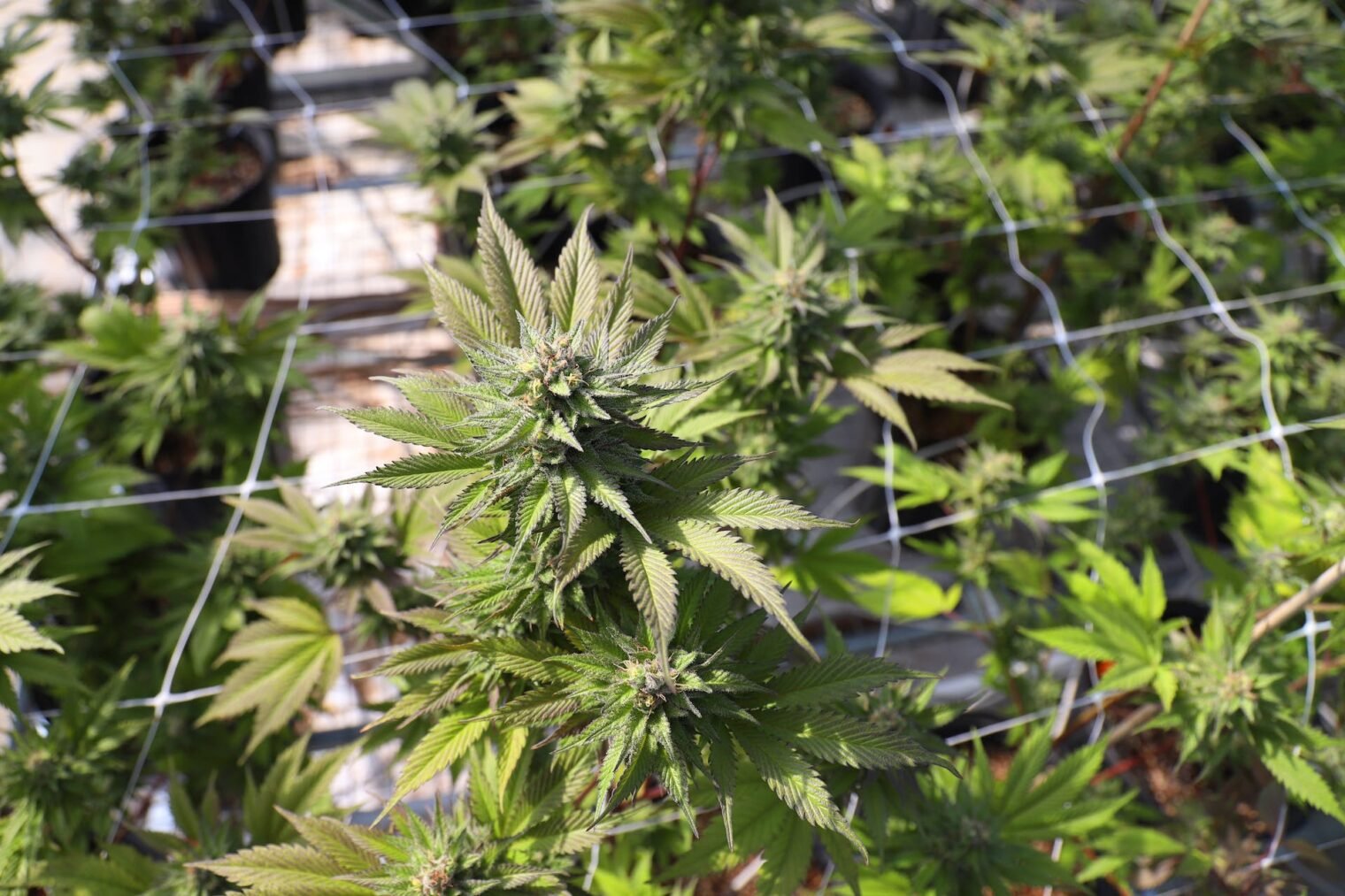How Long Does THC Last?

Table of Contents
We always get asked how long does THC last? How long is a piece of string? From the emd to the middle times two if you get what I’m saying? In the realm of drug testing protocols and assessing the potential risks of cannabis use, understanding the duration of it’s effects and its presence in the body is critical.
This article delves into the intricacies surrounding THC detection by examining factors such as frequency of use, metabolism, and method of consumption.
By exploring the interactions between THC and the body’s endocannabinoid system, as well as debunking misconceptions about detox remedies, this piece aims to provide readers with an objective and evidence-based understanding of the complexities surrounding elimination.
Key Takeaways
– THC is the primary psychoactive compound in cannabis and affects various brain functions.
– Factors such as frequency of cannabis use, sex, metabolism, and BMI can influence how long it stays in the body.
– THC can be detected in the body through blood, urine, saliva, and hair tests, with detection times varying depending on the test type and frequency of use.
– Engaging in healthy habits may slightly speed up THC metabolism and elimination, but there are no reliable methods to significantly reduce the time it takes for it to leave the body.
Factors Affecting THC Metabolism and Elimination
One of the factors affecting THC metabolism and elimination is an individual’s frequency of cannabis use. Frequent cannabis users tend to have higher levels in their system compared to occasional users. This is because it’s stored in fat cells and can accumulate over time with repeated use.
The half-life of THC, which is the time it takes for half of the drug to be eliminated from the body, can also be influenced by factors such as liver function, genetics, and other medications being taken concurrently.
Additionally, factors like age, sex, and body mass index (BMI) may play a role in THC clearance. Understanding these factors is crucial in determining how long it will remain detectable in the body and the duration of its psychoactive effects.

Different Methods of THC Detection and Their Timeframes
Exploring the various methods of THC detection, including blood, urine, saliva, and hair tests, reveals distinct timeframes for the detection of it in the body. These methods play a crucial role in determining an individual’s cannabis use, especially in forensic and workplace settings. When it comes to accuracy, each method has its pros and cons.
– Blood tests: Although they provide a short detection window of one to two days, they are highly accurate in determining recent cannabis use.
– Saliva tests: These tests offer rapid results and can detect THC within the past three to forty-eight hours. They are convenient, non-invasive, and provide real-time information.
– Urine tests: Widely used due to their affordability and ease of collection, urine tests can detect THC for varying lengths of time depending on frequency of use. However, they may not accurately reflect recent cannabis use.
– Hair follicle tests: These tests can detect cannabis use for up to 90 days, providing a long-term history of use. However, they are less accurate in detecting recent use.
Understanding the timeframes and accuracy of THC tests is essential in determining an individual’s cannabis use and ensuring the integrity of drug testing programs and to answer how it lasts.
Understanding the Duration of Effects on the Body
The duration of THC’s effects on the body can vary. Short-term effects typically last a few hours, while lingering effects can potentially last up to a day.
Prolonged THC use can have long-term effects on the body. Chronic cannabis use has been associated with cognitive impairment, decreased motivation, and respiratory issues. Additionally, heavy, long-term use can lead to an increased risk of developing mental health disorders, such as anxiety and psychosis.
One reason for the delayed onset of effects with edibles compared to inhalation methods is the way THC is metabolized. When it’s inhaled, it enters the bloodstream quickly through the lungs, leading to fast-acting effects. In contrast, when consumed orally, it must first pass through the digestive system before entering the bloodstream. This process takes longer and can result in a delayed onset of effects. Typically, it takes up to two hours to feel the full effects of edibles.
Understanding the impact of THC’s effects on the body is essential for individuals considering cannabis use, as well as healthcare professionals providing guidance and support. Further research is needed to fully understand the long-term effects of THC and how different consumption methods may influence its effects.
Debunking Myths: Quick Fixes to Speed Up Elimination
Despite popular belief, there is no scientifically proven method to expedite the elimination of THC from the body, debunking the myth of quick fixes. When it comes to detoxing, it is important to separate fact from fiction. Here are the potential risks of quick fixes and the reasons why they are not reliable:
– Unreliable detox products: Many products claim to detoxify the body and speed up THC elimination. However, these products often lack scientific evidence and rely on false promises.
– Harmful practices: Drinking excessive amounts of water to dilute urine or taking herbal supplements can be harmful and may not effectively eliminate it from the body.
– Individual variations: Each person’s body is unique, and attempts to speed up THC metabolism may not have the same effect for everyone.
It is crucial to prioritize evidence-based approaches and consult with healthcare professionals for accurate information and guidance on THC elimination.
Personal Variations: How Each Individual’s Body Processes It
Examining the myriad of factors influencing THC metabolism, such as sex, metabolism, and body mass index (BMI), allows for a better understanding of how each individual’s body uniquely processes this psychoactive compound.
Individual metabolism plays a crucial role in the rate at which THC is broken down and eliminated from the body.
Genetic factors also contribute to the interindividual variations observed in THC metabolism. Research has shown that certain genetic variations in enzymes responsible for metabolizing it can affect its clearance rate. For example, individuals with specific variants of the CYP2C9 gene may metabolize THC more slowly, leading to prolonged detection times.
Additionally, factors such as liver function and overall health can influence the efficiency of THC metabolism.
Further studies are warranted to fully elucidate the complex interaction between individual metabolism, genetic factors, and metabolism.
Understanding these factors can have important implications for drug testing and personalized cannabis treatment approaches for those trying to find out how long does THC last.
How Long Does THC Last?
In conclusion, understanding the duration of THC’s effects and its detection in the body is crucial for various purposes such as drug testing and assessing the risks of cannabis use.
Factors such as frequency of use, sex, metabolism, and method of consumption influence metabolism and elimination.
While there are claims of quick fixes to accelerate THC elimination, it is important to be cautious of their efficacy and potential risks.
Personal variations in how the body processes THC further complicate the detection process.
Overall, a comprehensive understanding of these factors is essential for accurate assessment and decision-making.


